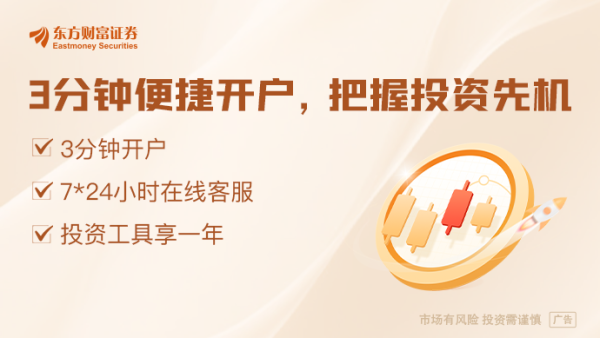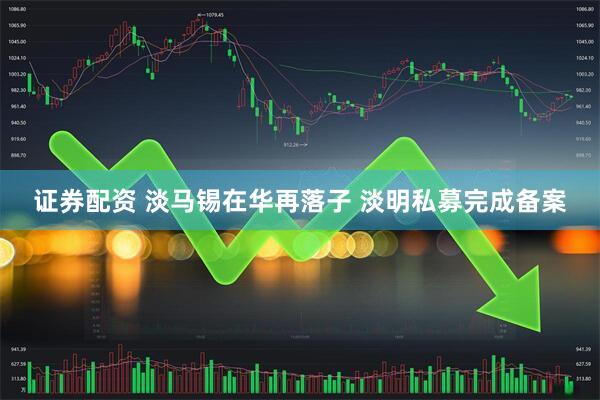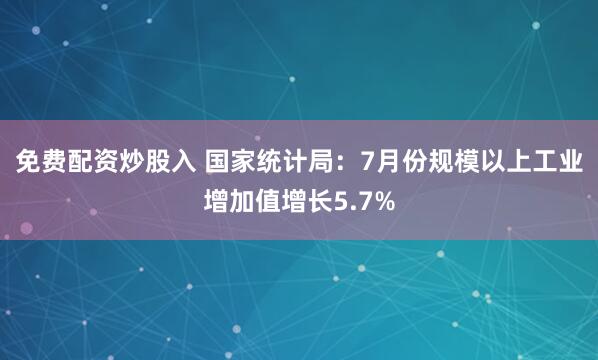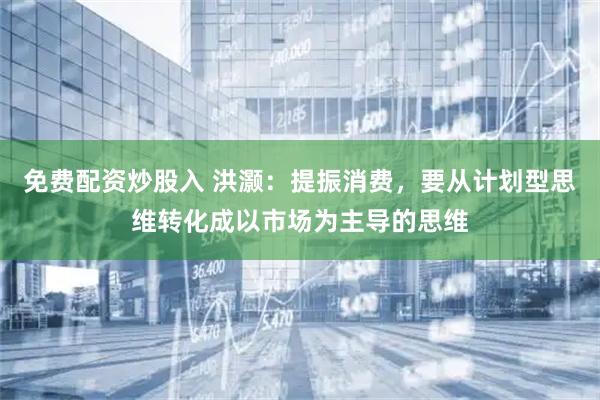在线股票配资网站 埃尼集团拟大幅提升液化天然气产能 瞄准中国及新兴市场|聚焦WGC2025

埃尼集团全球天然气和液化天然气投资组合总监Cristian Signoretto (王弘晢 摄)在线股票配资网站
尽管国际能源署(IEA)呼吁停止新增化石燃料投资,意大利能源巨头埃尼集团(Eni)仍计划到2030年将液化天然气(LNG)年投资组合规模从目前的900万吨提升至2000万吨。5月21日,中国能源网记者在北京举行的第29届世界燃气大会上独家采访埃尼集团全球天然气和液化天然气投资组合总监Cristian Signoretto时,他表示,天然气是能源转型的“关键过渡能源”,并透露将加速布局中国及新兴市场。
Cristian Signoretto认为,扩大天然气产能的核心逻辑在于其“低碳属性”与“灵活性”。相比其他碳氢化合物,天然气燃烧产生的二氧化碳更少,能够为全球减排争取时间;同时,通过与碳捕获与封存(CCS)技术结合,天然气可在净零排放目标下长期发挥作用。此外,天然气还能弥补可再生能源的间歇性和季节性短板,保障能源系统稳定。
Cristian Signoretto称,埃尼的产能扩张计划将依托印度尼西亚、刚果、莫桑比克和尼日利亚等国家的上游项目。他特别提到“综合开发策略”,即通过整合资源、技术及市场渠道,推动项目高效落地。目前,埃尼正致力于将上述地区的LNG资源引入全球市场,尤其是需求快速增长的中国。
Cristian Signoretto指出,当前中国LNG进口量约为1000亿立方米,预计将增至2000亿立方米。他表示,中国能源结构正从煤炭向天然气倾斜,这为埃尼提供了巨大机遇。
以下为对话全文:
记者:首席执行官克劳迪奥·德斯卡尔齐强调“天然气是能源转型的桥梁”,但国际能源署(IEA)敦促停止新的化石燃料投资。为什么埃尼仍计划将液化天然气投资组合规模扩大到1800万吨/年(2030年的目标)?
Cristian Signoretto:我们认为天然气是实现净零排放目标的根本转变。事实上,我们认为天然气至关重要有几个原因。首先,如果碳氢化合物排放的二氧化碳比其他碳氢化合物少,那么将世界转向天然气已经意味着减少排放。我们将争取时间寻找未来的新资源、新能源资源。其次,天然气与CCS和抵消解决方案相结合也可以成为净零世界的一部分,因为它也可以成为那个世界的一部分。除此之外,天然气对于补充可再生能源至关重要。为了弥补可再生能源的间歇性和季节性。此外,天然气在世界上有充足的资源。这也使我们能够确保天然气在全球范围内保持竞争力和可负担性。因此,我们确实认为天然气是解决方案的一部分,在这种环境下,我们计划增加我们的能源组合。从900万吨合同产能增加到2000万吨合同产能。我们的增长以上游项目为基础。因此,我们希望采用综合方法,包括Visa、VD、LG组合。因此,我们将把来自印度尼西亚、刚果、莫桑比克和尼日利亚国家的项目推向市场。这是我们发现重要资源的地方,我们希望将它们推向市场。说到市场,中国显然是最重要且不断增长的市场之一。因此,这是我们希望加强存在的一个市场。
记者:你对中国天然气市场未来发展的期望是什么?贵公司在中国及其他新兴市场的天然气市场发展战略和计划是什么?
Cristian Signoretto:我们认为中国是一个巨大的机会平台,因为中国的天然气市场需求已经超过4000亿立方米。这已经比欧洲市场更大,并且由于多种原因增长更快。首先,因为中国仍处于快速增长阶段。所以,中国需要能源。为了维持增长。其次,因为中国仍然在很大程度上依赖煤炭生产,计划是将其中一部分转向天然气生产。因此,我们预计未来5到10年中国的天然气需求将增加2000亿立方米,液化天然气进口也将翻倍。今天,中国进口大约1000亿立方米,这将翻倍至2000亿立方米。这为像我们这样的拥有资源并正在探索资源的参与者提供了机会。我们可以为中国市场的参与者带来多样化的供应。正如我之前所说,我们正在从印度尼西亚、刚果、莫桑比克等国家引入液化天然气,这些国家在中国供应中并不常见,可以说是不太常见的投资组合来源,因此我们可以带来多样性。
Eni Group plans to increase its liquefied natural gas production, targeting China and emerging markets | Focus on WGC 2025
Despite the International Energy Agency (IEA) urges halting new fossil fuel investments, Italian energy giant Eni Group remains committed to increasing its annual liquefied natural gas (LNG) portfolio size from the current 9 million tons to 20 million tons by 2030. On May 21, during an exclusive interview with Cristian Signoretto, Eni’s Global Director of Natural Gas and LNG Portfolio, at the 29th World Gas Conference in Beijing, China Energy News learned that natural gas is regarded as a “key transitional energy” in the energy transition. Mr. Signoretto also revealed plans to accelerate expansion in China and emerging markets.
Mr. Signoretto emphasized that the rationale behind expanding natural gas capacity lies in its “low-carbon attributes” and “flexibility.” Compared to other hydrocarbons, natural gas emits less CO₂ when burned, buying time for global emission reduction efforts. Additionally, when combined with carbon capture and storage (CCS) technology, natural gas can play a long-term role in achieving net-zero emissions. Furthermore, natural gas can address the intermittency and seasonal limitations of renewable energy, ensuring energy system stability.
Mr. Signoretto stated that Eni’s capacity expansion will rely on upstream projects in Indonesia, Congo, Mozambique, Nigeria, and other regions. He highlighted an “integrated development strategy,” which involves coordinating resources, technology, and market channels to expedite project implementation. Currently, Eni is focused on bringing LNG resources from these regions to global markets, particularly China, where demand is growing rapidly.
Mr. Signoretto noted that China’s LNG imports currently stand at approximately 100 billion cubic meters and are expected to double to 200 billion cubic meters. He emphasized that China’s energy mix is shifting from coal to natural gas, presenting significant opportunities for Eni.
Full Q&A Transcript:
Reporter: CEO Claudio Descalzi emphasizes that “natural gas is a bridge for energy transition,” but the International Energy Agency (IEA) urges halting new fossil fuel investments. Why does Eni still plan to expand LNG portfolio size to 18 million tons/year (2030 target)?
Cristian Signoretto: We believe natural gas is fundamental to achieving net-zero goals. There are several reasons. First, switching to natural gas—which emits less CO₂ than other hydrocarbons—already reduces emissions, buying time to develop future energy solutions. Second, when integrated with CCS and offset solutions, natural gas can remain part of a net-zero world. Moreover, it is crucial for complementing renewables by addressing their intermittency and seasonal gaps. Additionally, natural gas resources are abundant globally, ensuring competitiveness and affordability. Thus, we view natural gas as part of the solution. This is why we aim to grow our portfolio from 9 million to 20 million tons of contracted capacity. Our expansion is anchored in upstream projects, adopting an integrated approach that combines resources, markets, and technologies. We will bring projects from countries, Indonesia, Congo, Mozambique, and Nigeria to market—regions where we’ve identified substantial resources. China, as one of the largest and fastest-growing markets, is a priority for us.
Reporter: What are your expectations for the future development of China’s natural gas market? What are your company’s development strategies and plans for natural gas markets in China and other emerging markets?
Cristian Signoretto: China represents a massive opportunity. Its natural gas market already exceeds 400 billion cubic meters, surpassing Europe’s and growing faster due to rapid economic expansion and coal-to-gas transitions. We forecast China’s gas demand to rise by 200 billion cubic meters over the next 5–10 years在线股票配资网站, with LNG imports doubling from 100 billion to 200 billion cubic meters. This creates opportunities for players like Eni, which can diversify supply sources. For instance, we are introducing LNG from Indonesia, Congo, and Mozambique—regions less common in China’s current supply portfolio—thereby enhancing market diversity.
倍悦网提示:文章来自网络,不代表本站观点。










